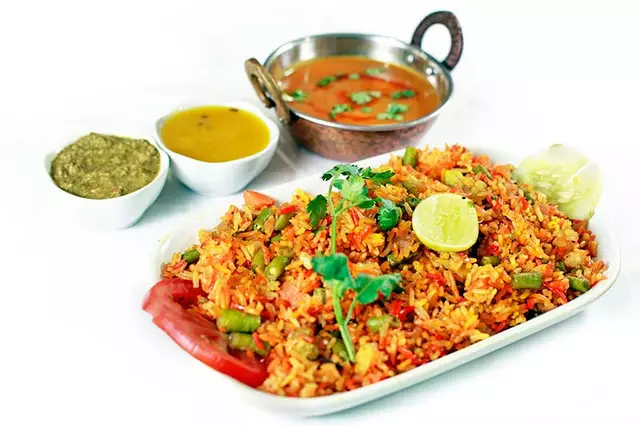Relationships & Marriage: Real Talk and Practical Tips
Ever wondered why some marriages feel like a smooth ride while others feel like a roller‑coaster? You’re not alone. People talk about love and weddings, but the day‑to‑day reality often gets hidden behind glossy photos. Let’s cut through the hype and talk about what really matters when you’re building a life with someone.
First off, a strong relationship isn’t built on a single magical moment. It’s a series of everyday choices—listening without judging, sharing chores, and being honest about money. When you understand that, the big stuff like wedding planning or family expectations becomes easier to handle.
Common Challenges in Indian Marriages
India’s rich culture adds a unique flavor to marriage, but it also brings its own set of hurdles. One big issue is the pressure to fit into traditional gender roles. Many couples find themselves stuck in expectations that don’t match their personal goals. This can cause tension, especially when both partners want to pursue careers or share household duties.
Financial stress is another frequent trigger. Whether it’s planning a dowry, buying a house, or simply budgeting for daily expenses, money talks can quickly turn into arguments. The key is to sit down early, be transparent, and set joint financial goals.
Arranged marriages, while rooted in tradition, sometimes leave couples with limited time to know each other before saying “I do.” Without that foundation, misunderstandings can crop up later. That’s why many modern families encourage pre‑marriage counseling or casual meet‑ups to build a connection first.
Lastly, deep‑rooted patriarchy still influences power dynamics in many homes. When one partner feels unheard or undervalued, resentment builds. A healthy marriage requires both people to feel respected and heard.
How to Build a Strong Partnership
Start with communication. It’s not just about talking; it’s about really hearing what the other person is saying. Try the “listen‑repeat” technique: after your partner shares a concern, repeat it back in your own words. It shows you’re paying attention and reduces misunderstandings.
Next, share responsibilities. Whether it’s cooking, paying bills, or handling family events, dividing tasks fairly keeps resentment at bay. Make a simple weekly checklist together and adjust as life changes.
Financial transparency is a game‑changer. Open a joint account for shared expenses, but keep individual accounts for personal spending. Review your budget once a month and celebrate milestones—like paying off a loan or saving for a vacation.
Don’t forget intimacy beyond the bedroom. Small gestures—leaving a note, planning a surprise coffee date, or simply asking how the day went—keep the emotional connection alive.
If conflicts arise, tackle them early. The longer you let an issue fester, the harder it becomes to resolve. Use “I” statements (e.g., “I feel stressed when…”) instead of blaming language.
Finally, consider professional help. A therapist or counselor can provide tools to navigate tricky topics, especially when cultural expectations clash with personal desires.
Relationships and marriage are journeys, not destinations. By staying honest, sharing the load, and respecting each other’s backgrounds, you can turn the tough spots into growth opportunities. Ready to give it a try?

- Mar 13, 2023
- Posted by Aarav Bhatnagar
What are some harsh truth about Indian marriages?
Marriage is a sacred institution in India, but it is not without its harsh realities. For many couples, a lack of communication, financial difficulties, and marital pressures can lead to a difficult relationship. Additionally, the pressure to conform to traditional gender roles can make it difficult for couples to reach an understanding. Furthermore, arranged marriages can make it difficult for couples to develop a strong connection, as they may not have had the chance to know each other before making the commitment. Finally, deep-rooted misogyny and patriarchy still exist in many parts of Indian society, leading to unequal power dynamics in many marriages. These harsh truths about Indian marriages can make for a challenging journey for many couples.
Categories
Latest Posts
©2026 kvrinfosys.in. All rights reserved




